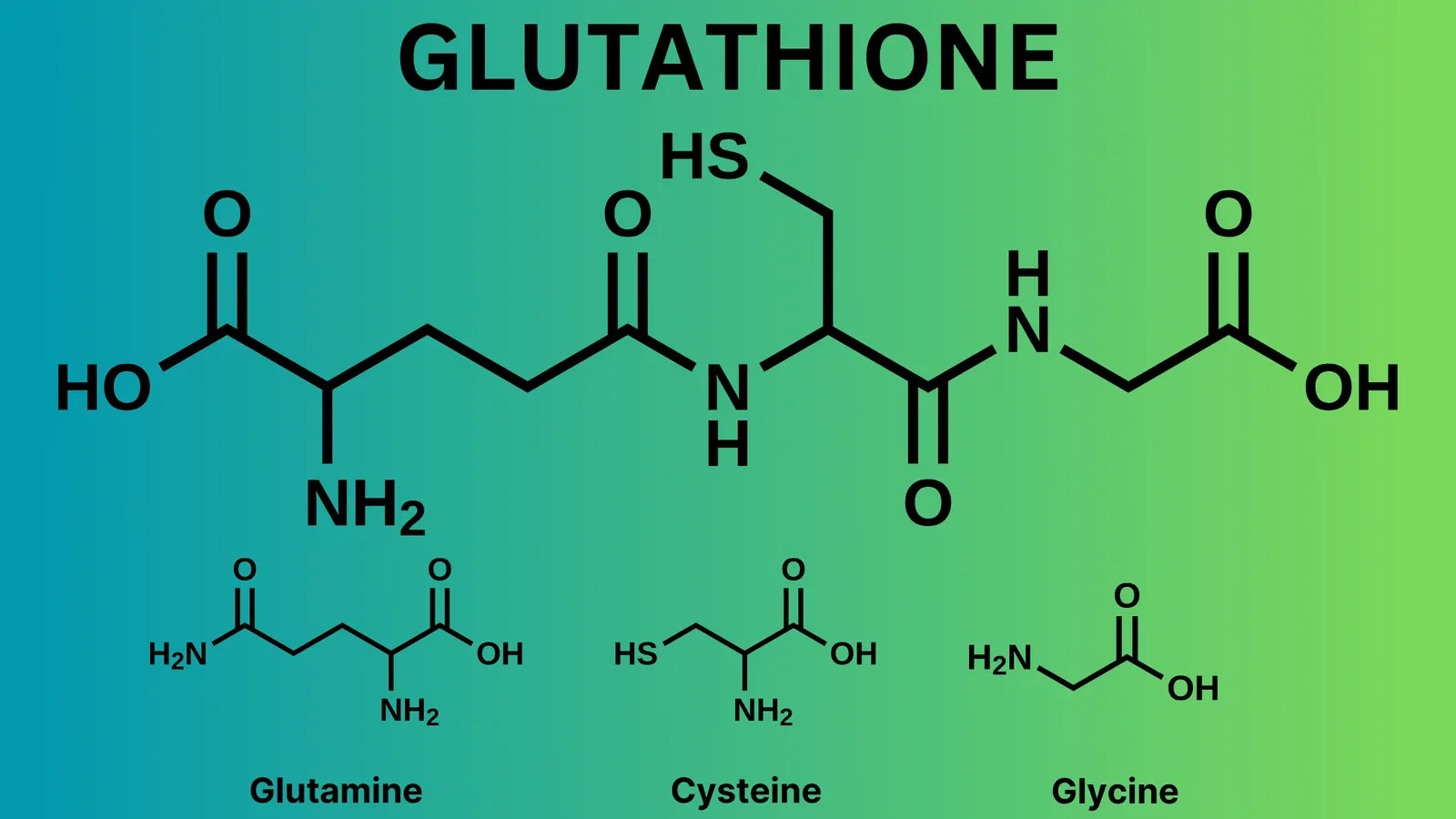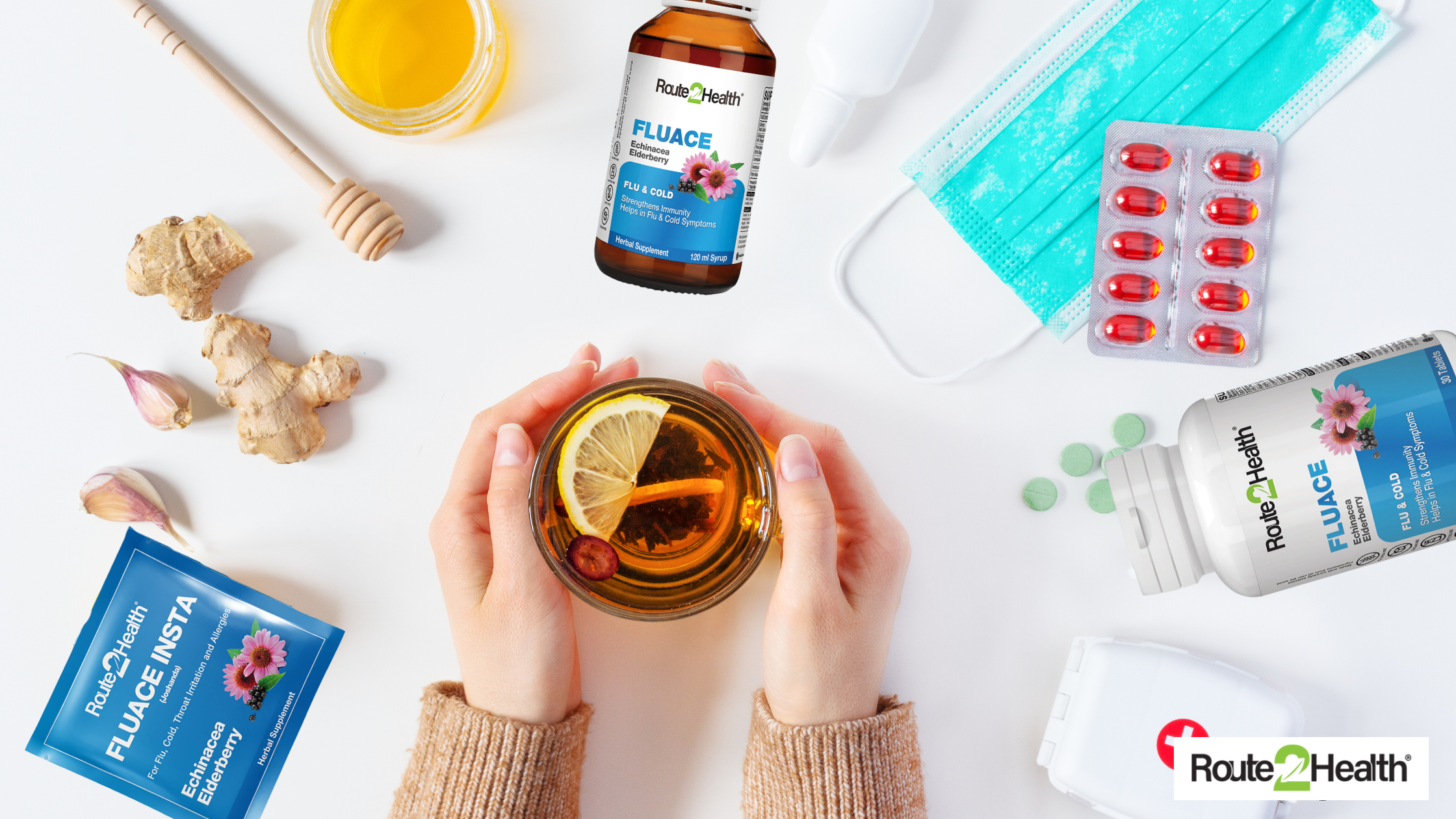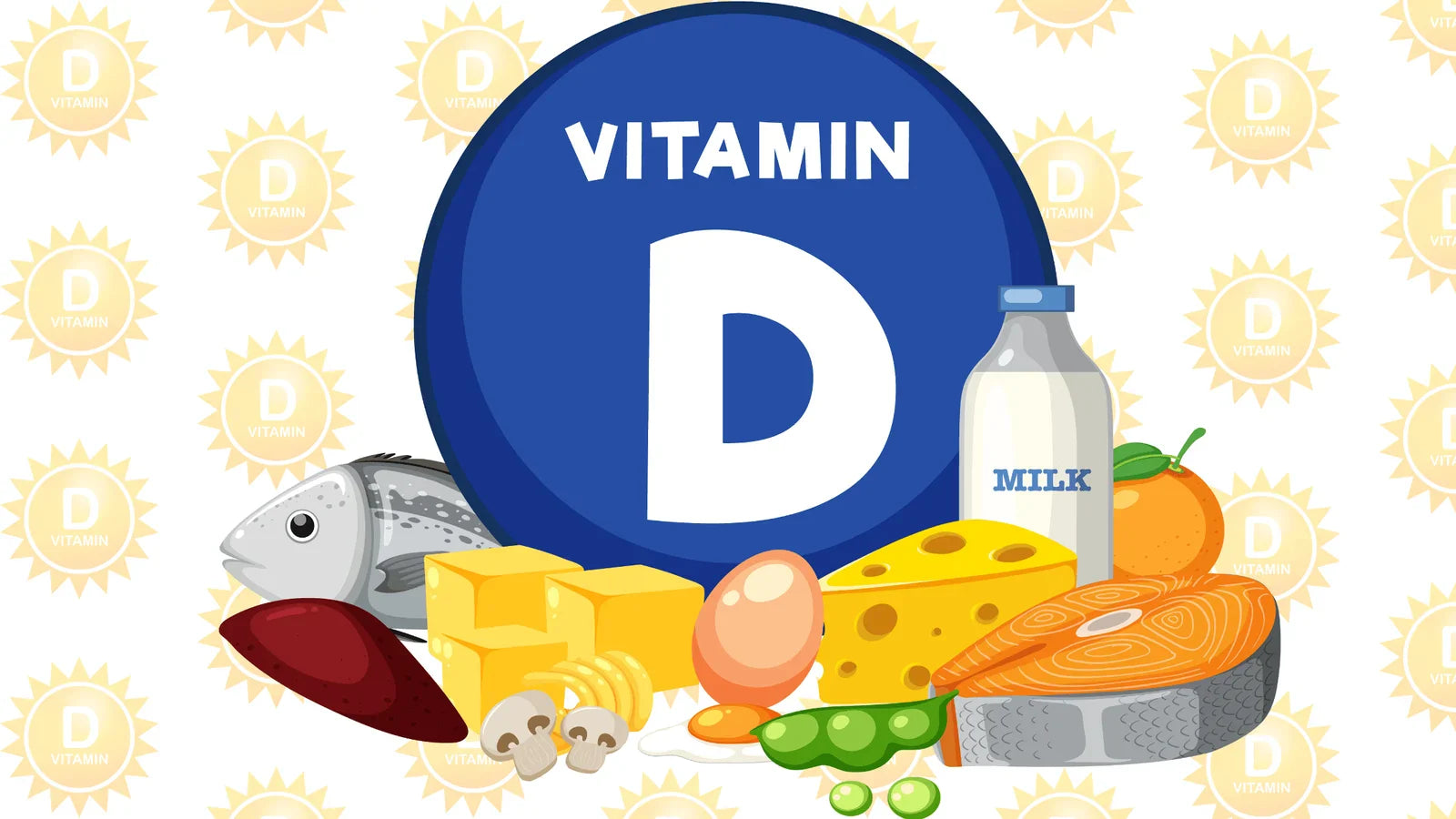
What Is Glutathione Made Of? The Master Antioxidant Unveiled
Have you ever wondered why some people swear by glutathione for radiant skin, improved energy levels, or overall health? If you're curious about this powerful compound, you're in the right place. As a powerful antioxidant, glutathione has gained popularity for its numerous health benefits, including its role in skin whitening, immune support, and detoxification. Today, we will answer the burning question: What is glutathione made of? We will explore its composition, benefits, and different forms, helping you understand why this potent antioxidant has captured the health and wellness spotlight.
Understand What Is Glutathione.
In a world where health supplements are plentiful, glutathione stands out for its numerous benefits. But beyond the claims, do you really know what it is and what it is made of? Understanding the core components of glutathione is key to appreciating how it works within your body. In this blog, we'll dive into the science behind glutathione, its uses, and its composition, answering the essential question: What is glutathione made of?
What Is Glutathione Made Of?
Now that we understand why glutathione is so popular let's answer the main question: What is glutathione made of? Glutathione is a small protein molecule composed of three amino acids: glutamine, cysteine, and glycine. These three amino acids work together to form this powerful antioxidant, which is essential for various cellular functions.
1. Glutamine
Glutamine is the most abundant amino acid in the body and is essential for many bodily functions, including protein synthesis and immune system support. In glutathione, glutamine helps in the transport of nutrients and the maintenance of a healthy immune system .
2. Cysteine
Cysteine is a sulphur-containing amino acid that plays a crucial role in the structure of proteins and the production of antioxidants. It's the most important component of glutathione because of its ability to donate sulphur atoms, which are essential for the detoxification process .
3. Glycine
Glycine is the simplest amino acid, but it is essential for the production of proteins and the synthesis of glutathione. Glycine contributes to the stability and function of glutathione, helping it to perform its antioxidant duties effectively.
These three amino acids combine to form glutathione, a powerful antioxidant in the body. Glutathione neutralises free radicals, detoxifies the liver, and supports overall health.
Learn What Is Glutathione Good For.
Different Forms and Compositions of Glutathione
When you look for glutathione supplements, you'll find that they come in various forms. Understanding these forms can help you make an informed decision about which one is right for you.
Reduced Glutathione (GSH)
This is the most common form of glutathione found in supplements. Reduced glutathione is the active form that directly combats free radicals and supports the body's detoxification processes.
Liposomal Glutathione
Liposomal glutathione is a form that is encapsulated in tiny fat particles called liposomes. This enhances its absorption and bioavailability, making it more effective for those looking to increase their glutathione levels quickly .
S-Acetyl Glutathione
S-acetyl glutathione is another form of glutathione that is designed to be more stable and resistant to degradation in the digestive tract. This form is often preferred for its superior absorption and longer-lasting effects.
Glutathione Precursors
Instead of taking glutathione directly, some people opt for supplements that provide the building blocks for glutathione production. These precursors include N-acetyl cysteine (NAC), Alpha-Lipoic Acid, and L-glutamine. These compounds help boost the body's natural glutathione production.
Conclusion
In summary, glutathione is a potent antioxidant composed of three amino acids: glutamine, cysteine, and glycine. Its powerful detoxifying and antioxidant properties make it a popular supplement for improving overall health, boosting the immune system, and promoting skin whitening. With various forms available, including reduced glutathione, liposomal glutathione, and S-Acetyl Glutathione, there's a suitable option for everyone looking to harness its benefits.
If you're considering adding glutathione to your wellness routine, Route2Health offers a high-quality Glutathione 500 mg supplement that provides all the benefits. It's time to take control of your health with the master antioxidant!
FAQs
1. What is glutathione made of?
Glutathione is made of three amino acids: glutamine, cysteine, and glycine. These amino acids work together to form this powerful antioxidant that helps detoxify the body and protect cells from oxidative stress.
2. What are the benefits of taking glutathione supplements?
Glutathione supplements can help detoxify the liver, improve skin health by reducing pigmentation, boost the immune system, and protect the body from oxidative damage. It's also popular for its anti-ageing properties.
3. What is the recommended dosage for glutathione supplements?
The typical recommended dosage for glutathione supplements ranges from 250 mg to 500 mg daily, depending on the intended use. For skin whitening, many users opt for 500 mg to see more noticeable results.
4. What are the side effects of glutathione?
Glutathione is generally considered safe when taken in recommended doses. However, some users may experience mild side effects like bloating, allergic reactions, or gastrointestinal discomfort.
5. What is the Glutathione 500 mg price in Pakistan?
The price of Glutathione 500 mg in Pakistan can vary depending on the brand and retailer. Route2Health’s 500mg Glutathione retails for 4500/-. 






















































